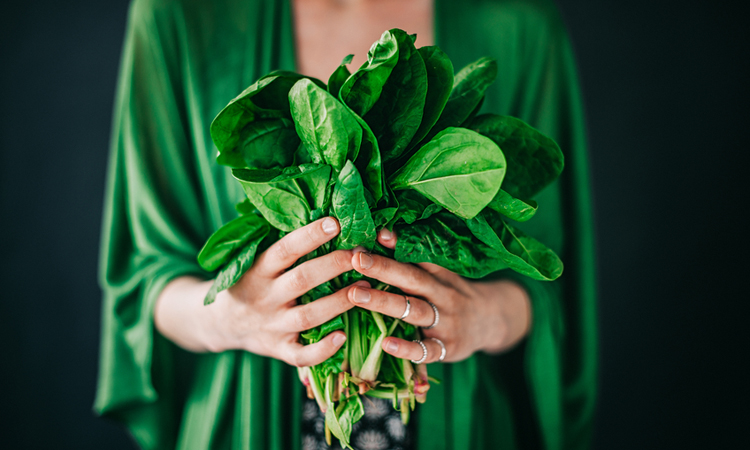Can diet affect stress? According to Francesca Vazquez, we use food as an outlet—we eat when we’re happy, depressed, anxious, and so forth. Identifying why we eat, and eating only when we’re actually hungry, can make a big difference.”
-Rose Caiola
Reducing Anxiety Through Your Diet
Stress is one of the biggest risk factors for developing chronic diseases, such as hypertension, diabetes, inflammation, chronic pain and cardiovascular conditions. When we experience stress on an everyday basis, our immune, endocrine and nervous systems are adversely impacted. However, there are various strategies that are scientifically proven to assist in diminishing the effects of stress. These include exercise, social support and relaxation strategies—such as meditation, yoga and deep breathing exercises. In addition, our daily nutrition assists in maintaining emotional balance and enhancing wellbeing while fighting the effects of stress.
The food we consume daily is capable of altering the way we fight disease and manage stress, keeping the negative effects of stress at bay. However, we have become accustomed to a diet that promotes inflammation, digestive issues and neurotransmitter imbalances. Our food intake might not be the only behavioral modification we need to make in order to become stress free, but it is definitely the place to start!

Our everyday food intake has a powerful effect on our mood. Some foods help increase our levels of serotonin, a neurotransmitter found to help decrease anxiety and depression, while others help decrease the levels of cortisol and adrenaline—stress hormones—in our blood to calm the nervous system.
Here are six changes you should make in your dietary habits to help reduce your anxiety:
- Eliminate processed foods
- Decrease or eliminate sugars
- Eat smaller portions, multiple times a day
- Decrease caffeine and alcohol consumption
- Drink more water
- Make sure to get necessary vitamins and minerals from natural sources
Here are the most important vitamins to help manage anxiety and some natural sources to include in your daily food intake!
B Complex vitamins: almonds, oranges, poultry, brown rice, bananas, oatmeal, avocados, asparagus, beans
Magnesium: spinach, bananas, almonds, nuts, pumpkin seeds, legumes, beans, dark chocolate
Calcium: milk, cottage cheese, yogurt, spinach, broccoli, kale, edamame, figs, oranges
Vitamin C: oranges, blueberries, lemons, limes
Vitamin D: sunlight, fish
Omega 3’s: nuts, salmon, tuna

Unless you’re allergic or intolerant to any of these nutrients, include more of these in your diet:
eggs, milk, walnuts, berries, turkey, sunflower seeds, potatoes, broccoli, mushrooms, fish, seeds, ginger, honey, whole wheat bread, dried oats, blue potatoes, barley, shrimp, kale, red peppers, green peppers, orange peppers, peaches, kiwis, brussel sprouts, collard greens, flaxseeds, soybeans, cantaloupe, cottage cheese, pistachios, corn, greek yogurt and grass fed steak (once per week).
By making these conscious adjustments to your diet, you have an opportunity to reduce your anxiety levels in a way that will affect not only your mood, but your overall health. So start transforming the way you feed your mental and physical health today!



